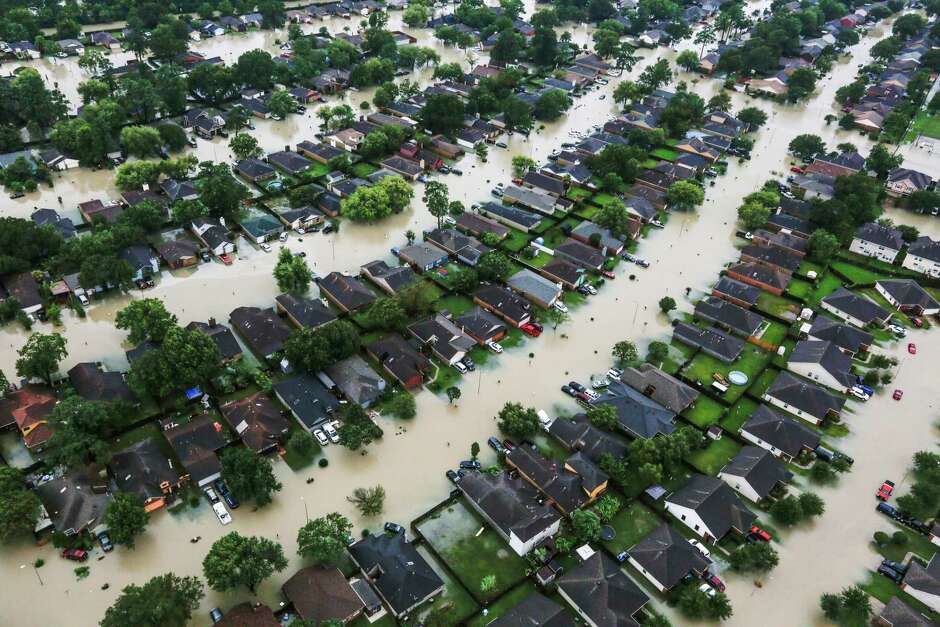LONDON — As the coronavirus stampeded across Europe and the United States this spring, governments made their depleted citizens a tantalizing promise: Soon, legions of disease detectives would hunt down anyone exposed to the virus, confining them to their homes and letting everyone else get on with their lives.
Nearly eight months on, as a web of new infections spreads across Europe and the United States, that promise has nearly evaporated.
Despite repeated vows by Western nations to develop “world-beating” testing and tracing operations, those systems have been undone by a failure of governments to support citizens through onerous quarantines or to draw out intimate details of their whereabouts. That has shattered the hope of pinpoint measures replacing lockdowns and undermined flagging confidence in governments.











Recent Comments